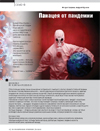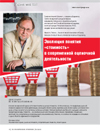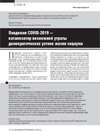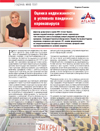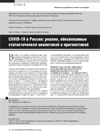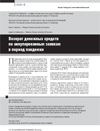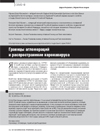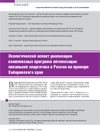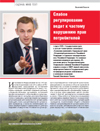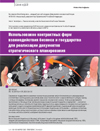Panacea for Pandemic
DOI: 10.33917/es-4.170.2020.20-29
The article analyzes the causes of an extreme social event in the format of a global pandemic. They are associated with the “re-quantization of reality” — the change of universal attractors of the historical process, which set specific ways of regulating system structures. The old system-forming meaning of the development of society as a Zoopopulation has finally exhausted its regulatory possibilities; the new meaning is just beginning to integrate social elements for the transition to a psychosocial formation. The clash and struggle of old and new causal connections generates causal dissonance, leads to an increase in entropy in social systems, which, in turn, generates an extremum that threatens humanity with self — destruction-an omnicide. The specifics of a possible suicide of humanity is of relative importance: epidemics, earthquakes, asteroid crashes, and other variants of global misery can threaten and increase until a new sense of development dominates the social consciousness.
A real pandemic is the best time for a quantum transition from the old regulation to the new: as soon as the new anthropic principle of managing causal connections prevails, the disease will disappear, and civilization will pass to a new period of its development.



